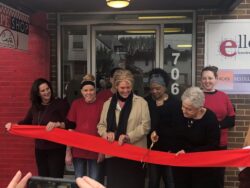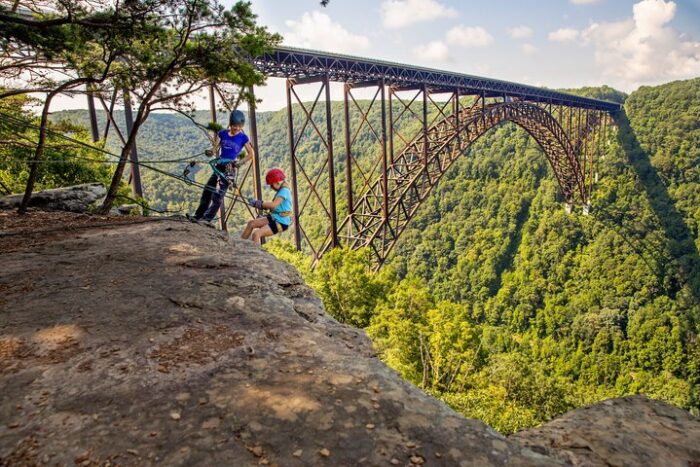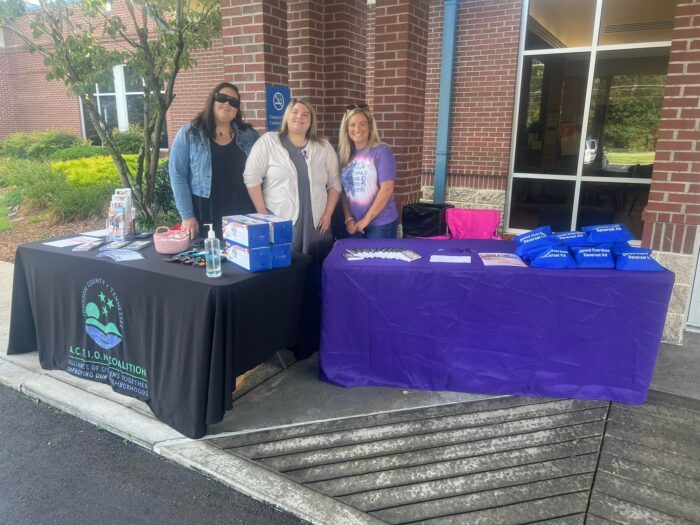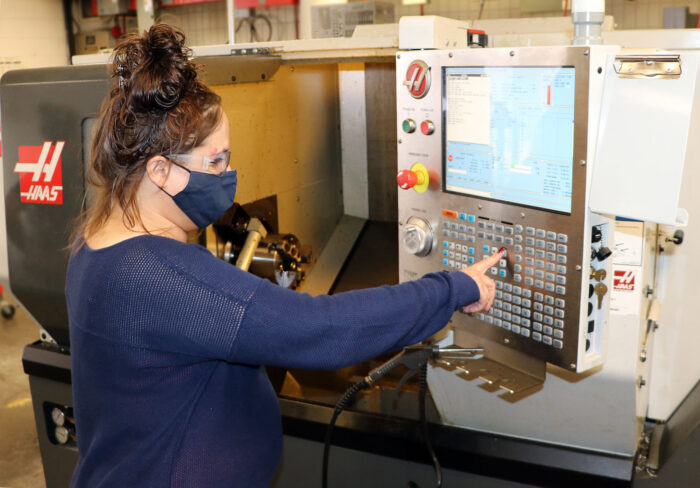
The Appalachian Hatchery is an innovative advanced manufacturing incubator at Marshall University’s Robert C. Byrd Institute (RCBI) in Huntington, West Virginia. Established in 2017 with a $1.5 million ARC POWER grant, along support from the U.S. Economic Development Administration and the Claude Worthington Benedum Foundation, the Hatchery supports manufacturing, entrepreneurship, and business development in West Virginia’s southern most 20 counties – an area feeling serious impacts from the coal industry’s decline.
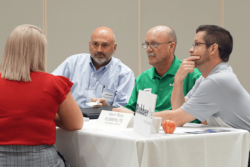
One of the many ripple effects of America’s changing energy production is the loss of business for those in the coal industry supply chain, including Appalachia’s small- and mid-sized manufacturers. The Hatchery’s team works to identify and conduct outreach to those business, create relationships, provide technical assistance and equipment access, and guidance for new opportunities in other industries. They also create better linkages between small and large advanced manufacturers. Through its various efforts, the Hatchery has impacted hundreds of business in just a few years.
Dislocated Manufacturers
One opportunity for manufacturers dislocated by the coal industry? Appalachia’s automotive sector. In 2019, The Hatchery served as an organizing partner for the West Virginia Automotive Supply Chain Expo. This event hosted 85 local manufacturers, suppliers, and other businesses related to the automotive supply chain, ultimately facilitating business-to-business networking and forging paths to new partnerships. As a result of the Expo, Sogefi, a world leader in auto parts manufacturing, added three new West Virginia companies to its supply chain.
As the Hatchery’s Director Derek Scarboro explained to the West Virginia Community Development Hub, another ARC POWER partner, these manufacturers “have the skills and, often, the equipment to compete in automotive, aerospace, or government contracting. We’re helping them get up to speed to complete in those fields.”
Learn more about the Appalachian Hatchery, one of many ARC partners who are working to create new economic opportunities in coal-impacted communities.
